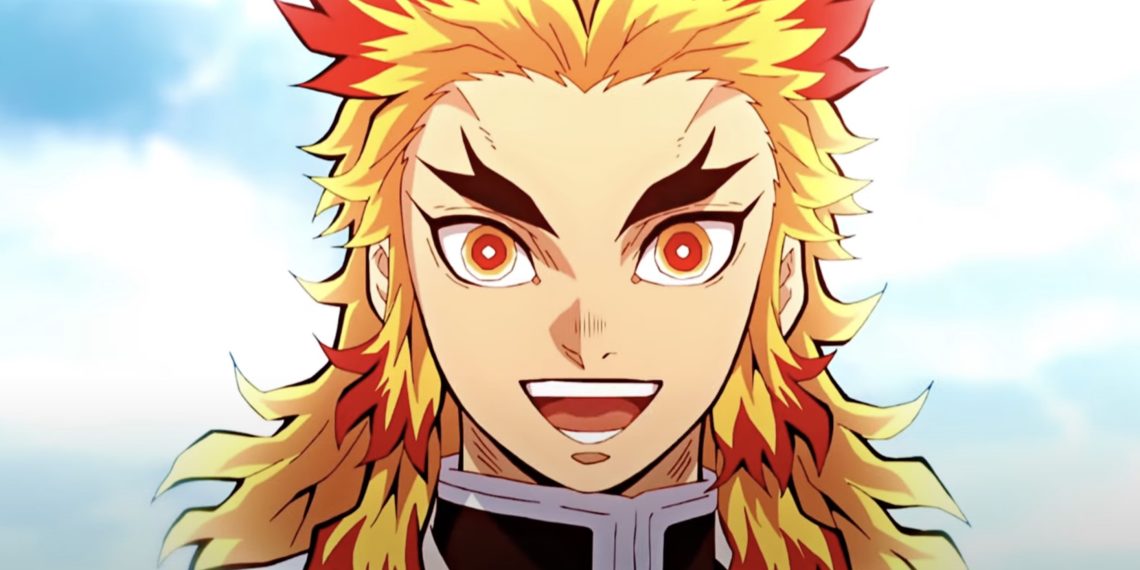In the Demon Slayer anime by Ufotable, there are many standout moments, and one of the most memorable is Kyojuro Rengoku’s epic final battle against the third Upper Moon, Akaza. This battle elevated Rengoku’s status among fans, even after his character’s demise in the series.
As the Flame Hashira, Rengoku held a prominent position within the demon slayer organization. However, his passing leaves questions about who would succeed him in that role.
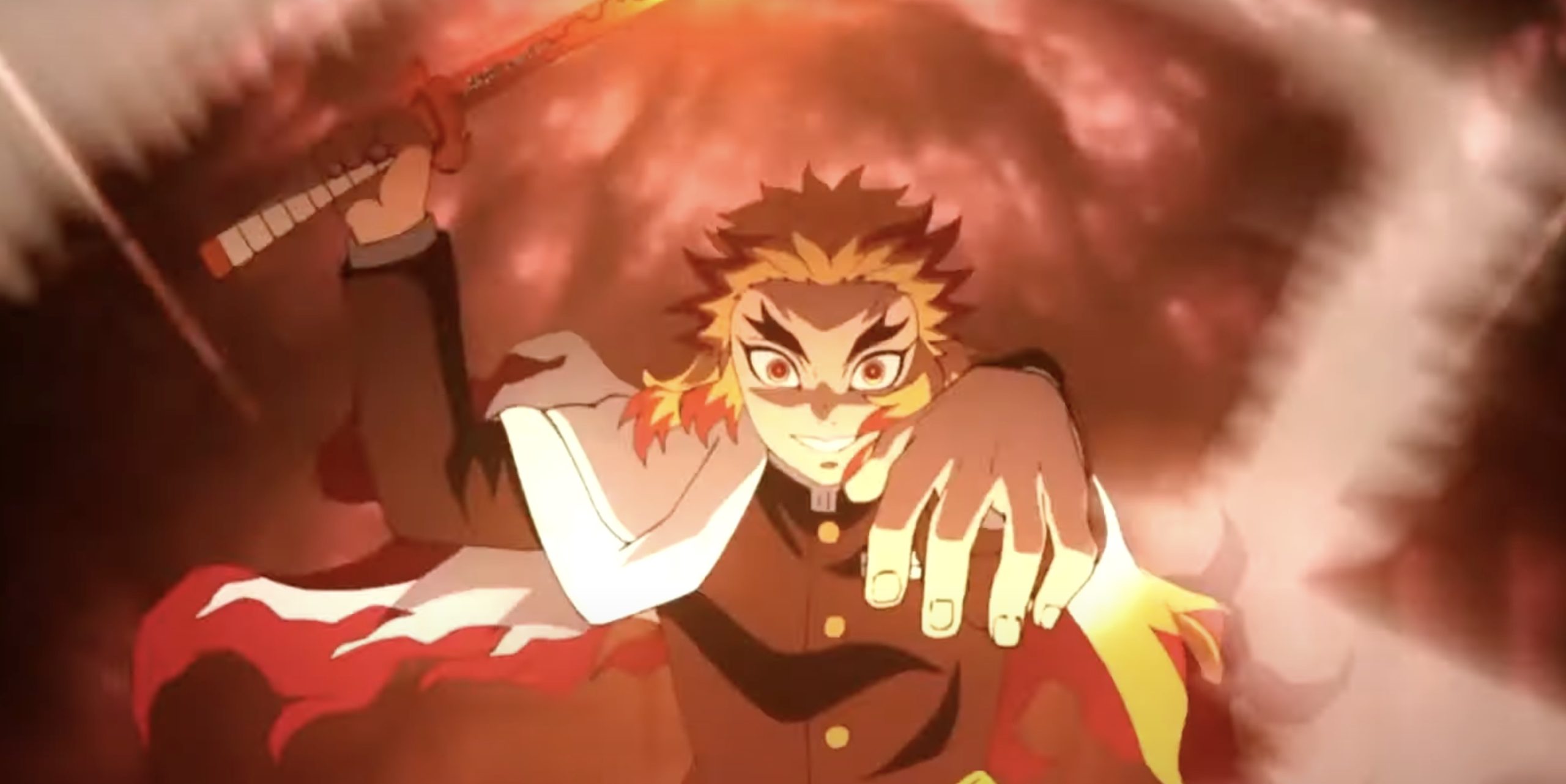
Although the anime hasn’t addressed this yet, there’s a discussion about what happened to the Flame Hashira position following Rengoku’s death.
The Impact of Rengoku’s Death and the Vacant Flame Hashira Position in Demon Slayer
After Rengoku’s death in the Mugen Train arc, there was no replacement for him as the Flame Hashira. The organization didn’t have time to find someone new. A similar situation occurred with Tengen Uzui after he retired due to injury after the Entertainment District events.
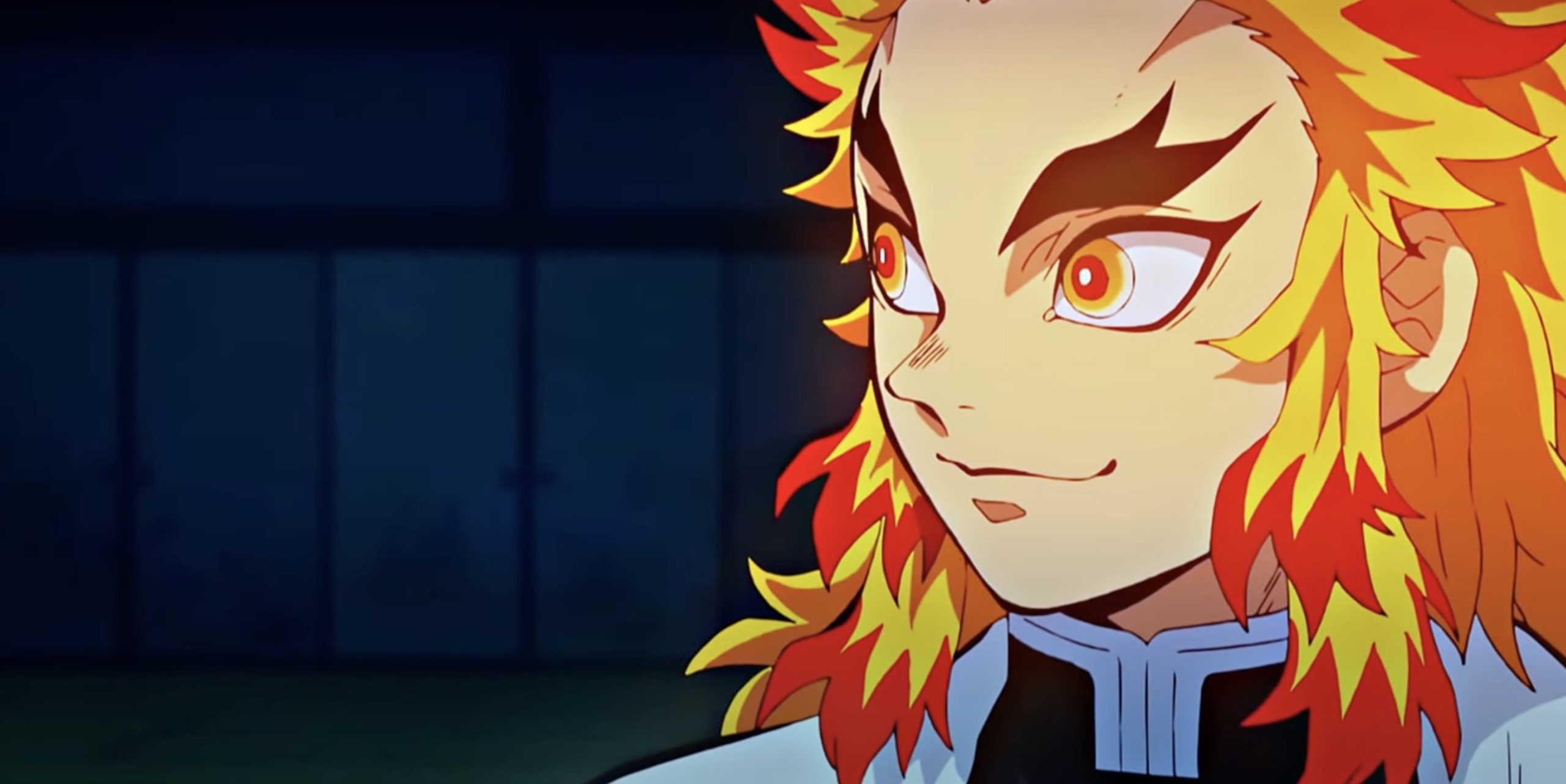
Another reason is that nobody else could master Rengoku’s Flame Technique. This is evident with his apprentice Kanroji Mitsuri, who couldn’t replicate his techniques, leading her to pursue her own path as a swordswoman and ruling her out as a potential Flame Hashira candidate.
The only viable candidate for the Flame Hashira role was Rengoku’s father, Shinjuro Rengoku. However, despite feeling remorse for his son’s death and regret for his past actions, he never returned to his former position as a Hashira.
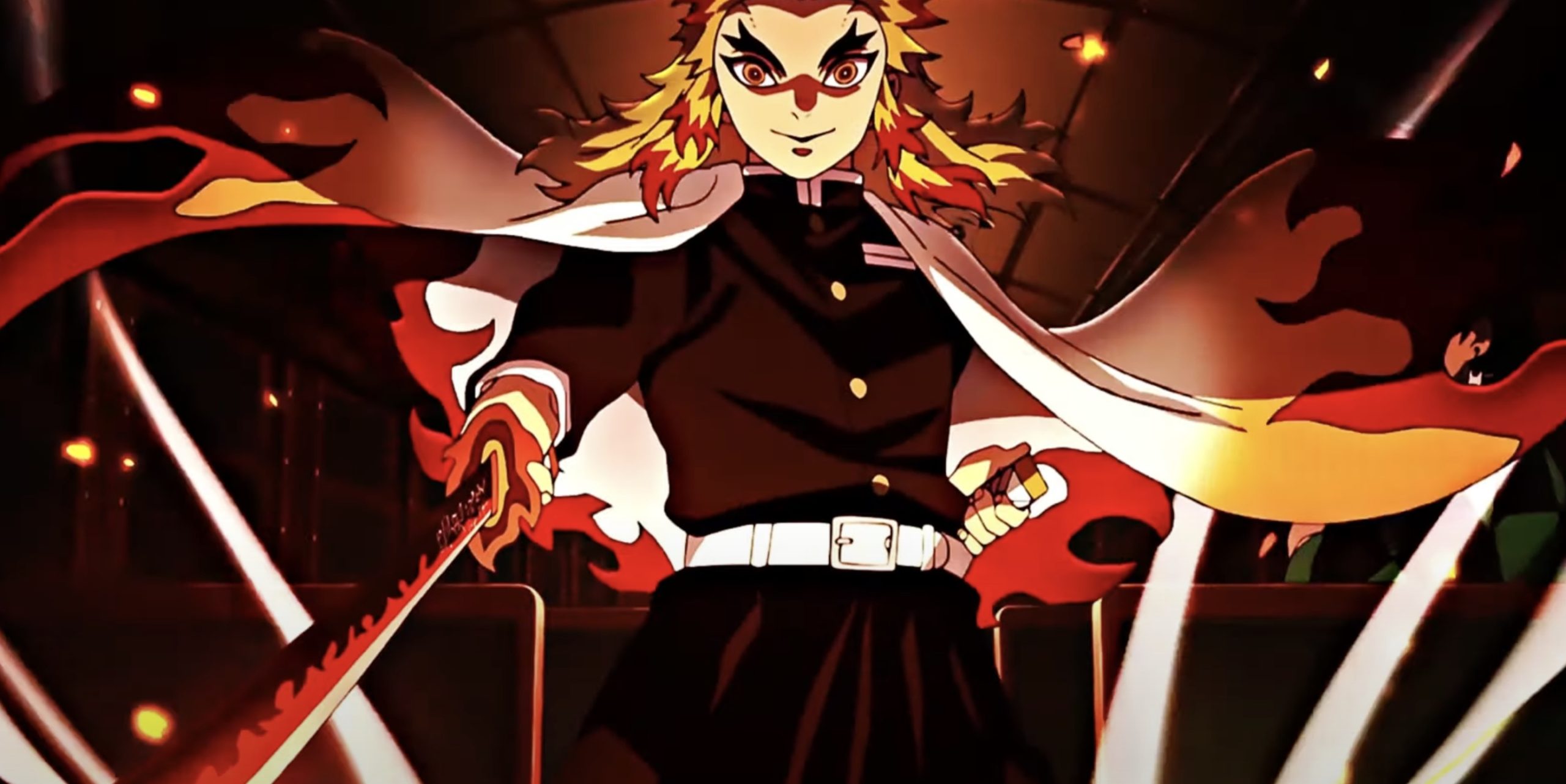
Rengoku’s presence in the series demonstrates how an anime adaptation can skyrocket a character’s popularity and global recognition. The success of the Mugen Train film propelled Rengoku into the spotlight, making him a prominent figure within the community.
Narratively, Rengoku’s demise added significant tension to the story, occurring at a point when major characters weren’t perishing. His death also played a crucial role in highlighting Akaza as a formidable antagonist and intensified the conflict between him and the protagonist, Tanjiro Kamado.
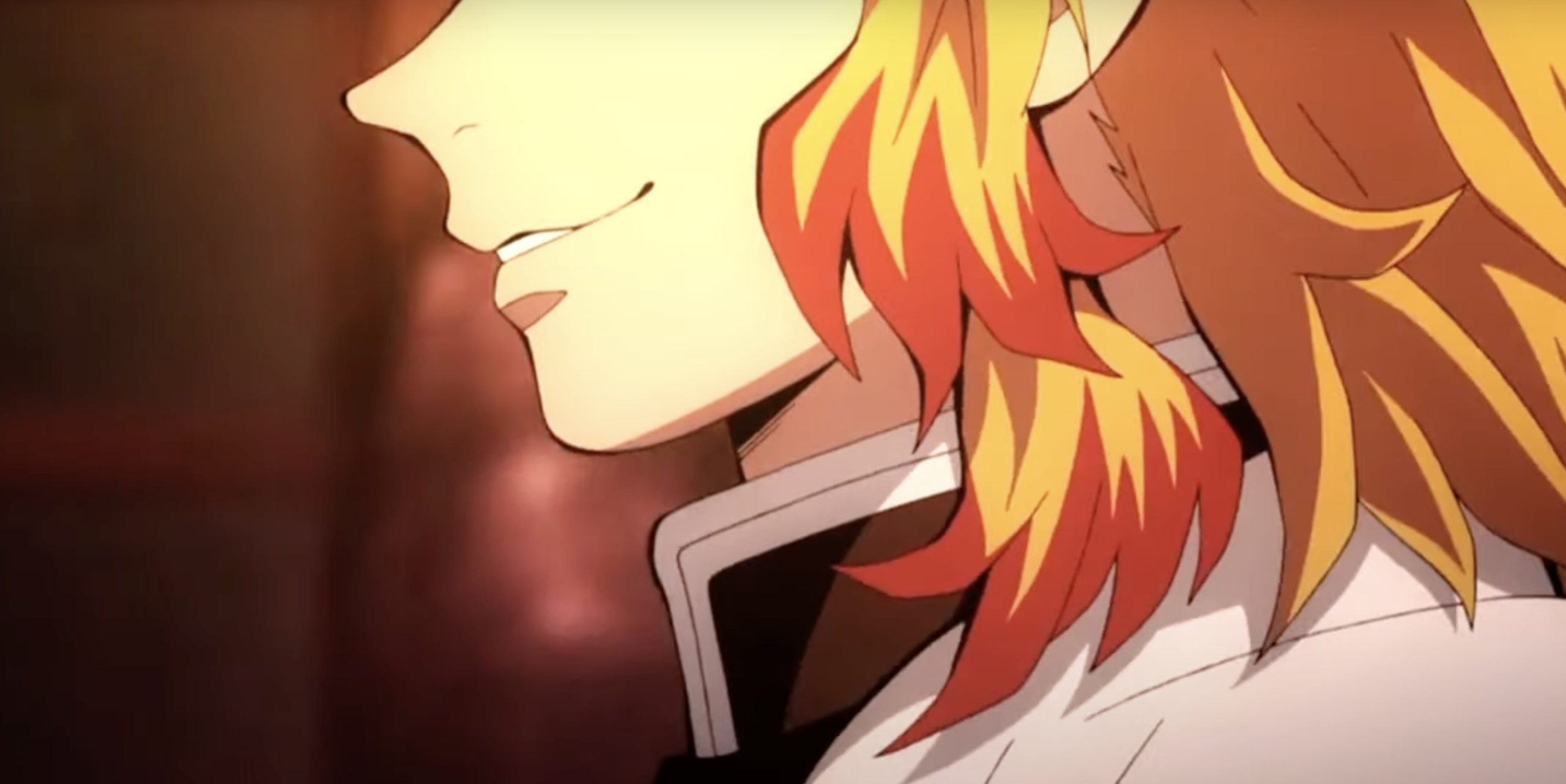
Although Rengoku had limited screen time, his impact resonated throughout the story. The recurring mentions of his absence by various characters contribute to the realism and emotional weight of his passing, making it deeply felt by the audience.


